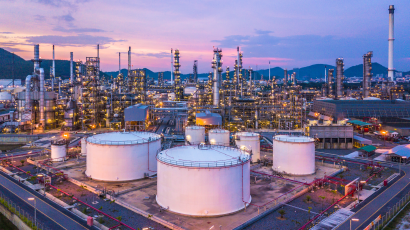What Happens with Refinery Profits… and Are “Buy Backs” a Bad Thing?
Earnings in commodities-based industries tend to be cyclical. Because of the up-and-down reality of refining, it would be a mistake to regulate or legislate based on the high points. A few quarters of earnings don’t provide an accurate representation. That context is important for answering the question of what happens with refinery profits and whether using earnings to “buy back” stock from shareholders is an appropriate use of those funds.








